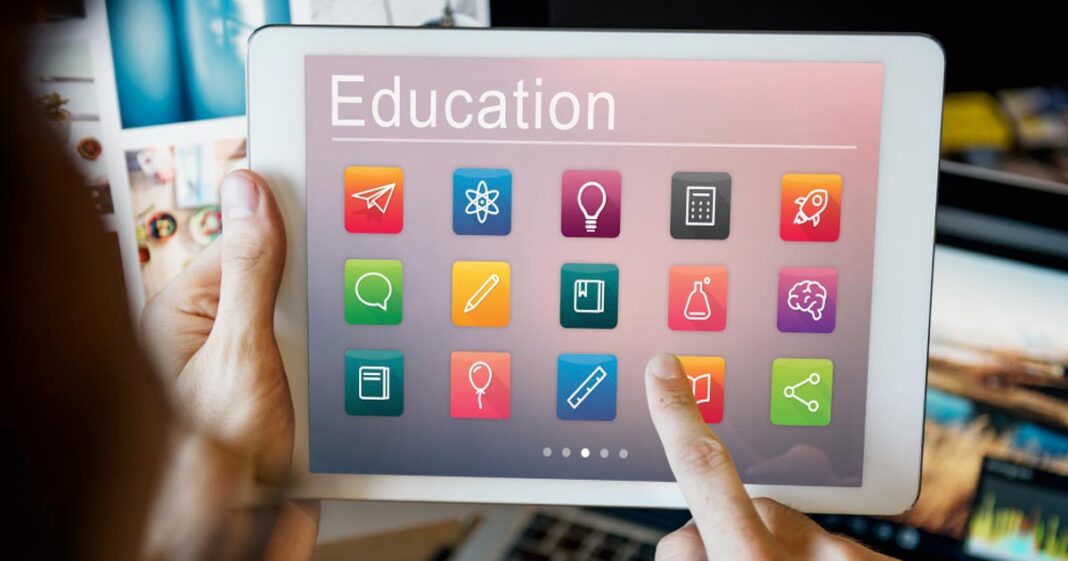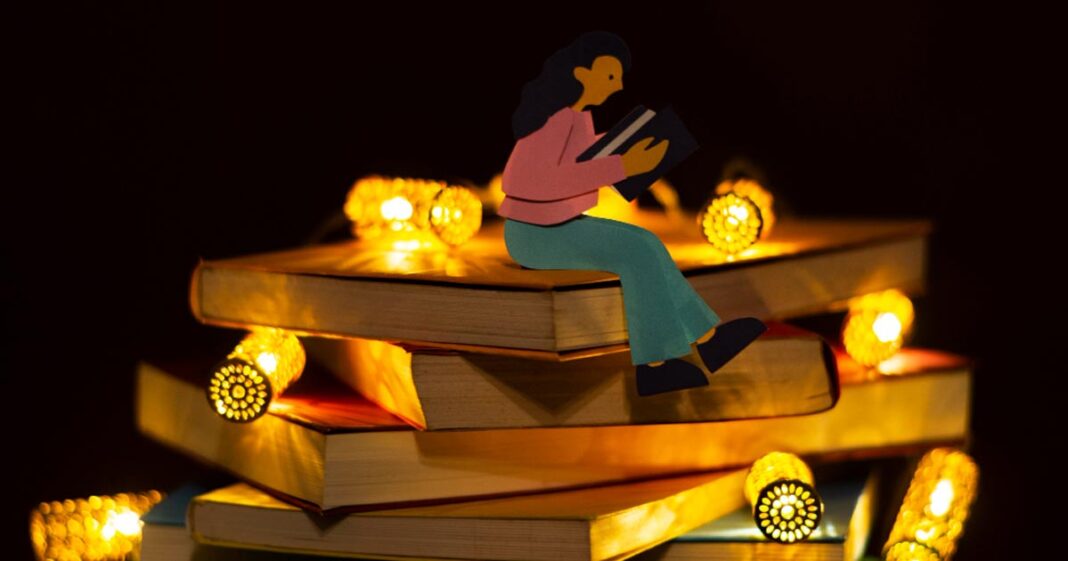
In the rapidly evolving landscape of education, traditional learning models are making way for more interactive and collaborative approaches. One such transformative trend is peer-to-peer (P2P) learning, a method where individuals learn from each other by sharing knowledge, insights, and experiences. With the digital boom and increasing internet penetration, India has emerged as a key player in embracing this innovative learning technique, revolutionizing online education.
Understanding Peer-to-Peer Learning
Unlike conventional teacher-led classrooms, P2P learning emphasizes collective knowledge-sharing, where individuals teach and learn simultaneously. This model fosters engagement, critical thinking, and real-world problem-solving, making learning more accessible and personalized. From coding boot camps to language exchange platforms, this trend has gained momentum, especially in India’s vast and diverse learning ecosystem.
India’s Pioneers in Peer-to-Peer Learning
Several Indian initiatives and individuals have championed P2P learning, leveraging technology to democratize education. Here are some inspiring success stories:
- BYJU’S and WhiteHat Jr.: Community-Led Learning
BYJU’S, India’s largest edtech company, integrates P2P learning methodologies through discussion forums and peer-based assessments. Similarly, WhiteHat Jr., a platform teaching kids coding, encourages students to share projects, receive peer feedback, and engage in collaborative learning. This approach has significantly enhanced learning outcomes, making complex subjects more digestible.
- P2P Learning in Rural India: The Success Story of Gram Vaani
Gram Vaani, a social enterprise leveraging voice-based technology, has pioneered peer learning in rural areas. Through its interactive mobile platforms, farmers, women, and students share agricultural techniques, business ideas, and educational resources. This initiative has empowered thousands of individuals, making learning more inclusive and accessible.
- Ritesh Agarwal’s OYO: Learning Through Startup Communities
Ritesh Agarwal, the founder of OYO Rooms, exemplifies the power of P2P learning in entrepreneurship. As a young entrepreneur, he sought mentorship from startup communities and peer networks, learning business strategies that helped him scale OYO into a global hospitality giant. His story underscores how collaborative learning can be a game-changer in business education.
The Role of Digital Platforms in P2P Learning
Numerous digital platforms have enabled Indian learners to connect, collaborate, and grow together:
- Unacademy and Doubtnut: Crowd-Sourced Education
Unacademy, one of India’s top online learning platforms, integrates P2P methodologies by allowing students to teach others through live classes. Doubtnut, a doubt-solving app, enables students to answer each other’s queries, fostering a self-sustaining learning community.
- LinkedIn Learning and Coursera: Skill-Based Peer Collaboration
With the rise of skill-based learning, LinkedIn Learning and Coursera provide discussion forums where students from diverse backgrounds engage in knowledge exchange, mentorship, and peer reviews, enhancing career-oriented learning.
Awards and Recognitions for Peer-Learning Initiatives in India
The impact of P2P learning in India has been acknowledged globally. Notable awards include:
- BYJU’S won the “Education Company of the Year” at the Global Mobile Awards (GLOMO), recognizing its innovative learning approach.
- Unacademy received the “Edtech Startup of the Year” at the Entrepreneur India Awards, highlighting its success in peer-driven learning models.
- Gram Vaani was recognized by the United Nations for its contribution to rural education and peer knowledge-sharing.
Challenges and the Road Ahead
Despite its success, P2P learning in India faces challenges such as digital literacy gaps, internet accessibility issues, and the need for structured moderation. However, with increasing smartphone adoption and government initiatives like Digital India and Skill India, the future of collaborative learning looks promising.
Conclusion: The Future of Learning is Collaborative
Peer-to-peer learning is reshaping the way Indians acquire knowledge, making education more inclusive, engaging, and practical. As digital platforms continue to evolve, this model will play a crucial role in empowering learners, fostering innovation, and bridging educational gaps across the country. Whether in classrooms, online forums, or startup communities, the power of shared learning is unlocking new possibilities, proving that the best way to learn is together.





